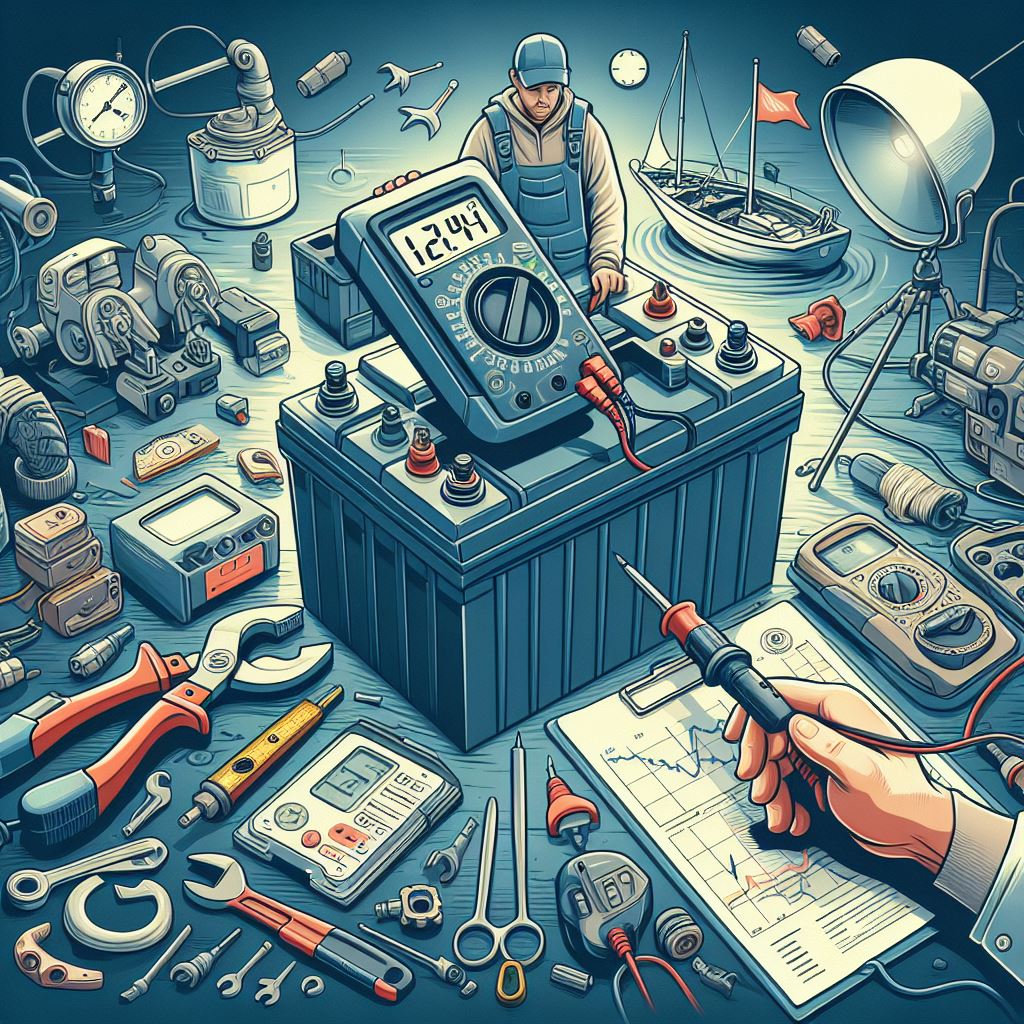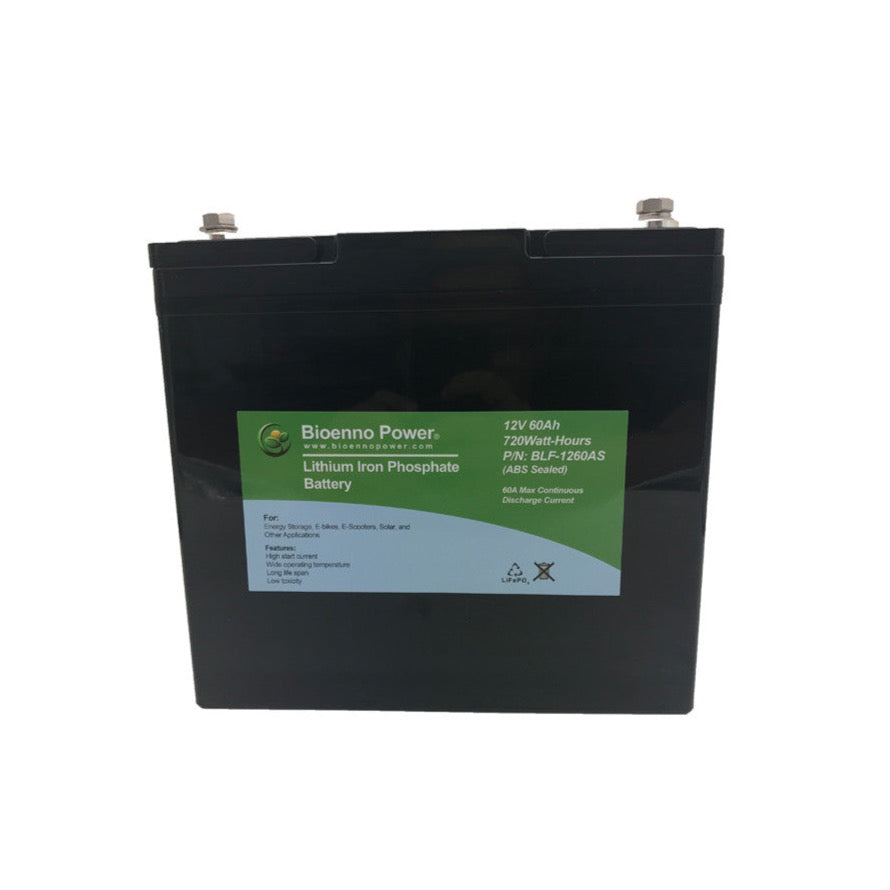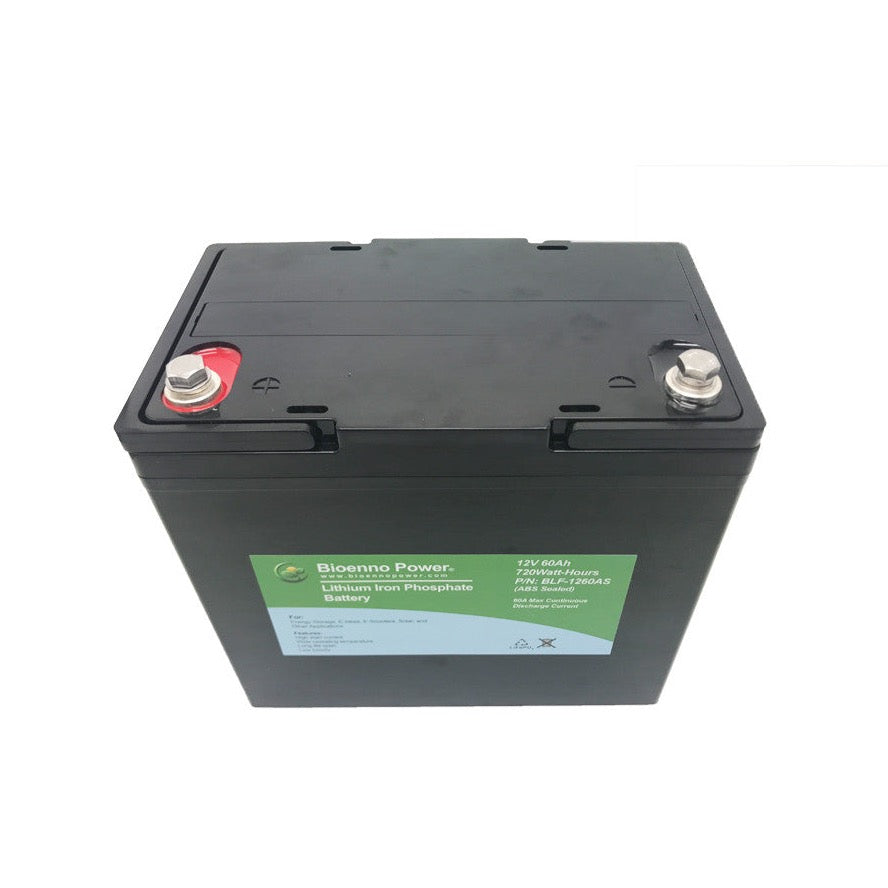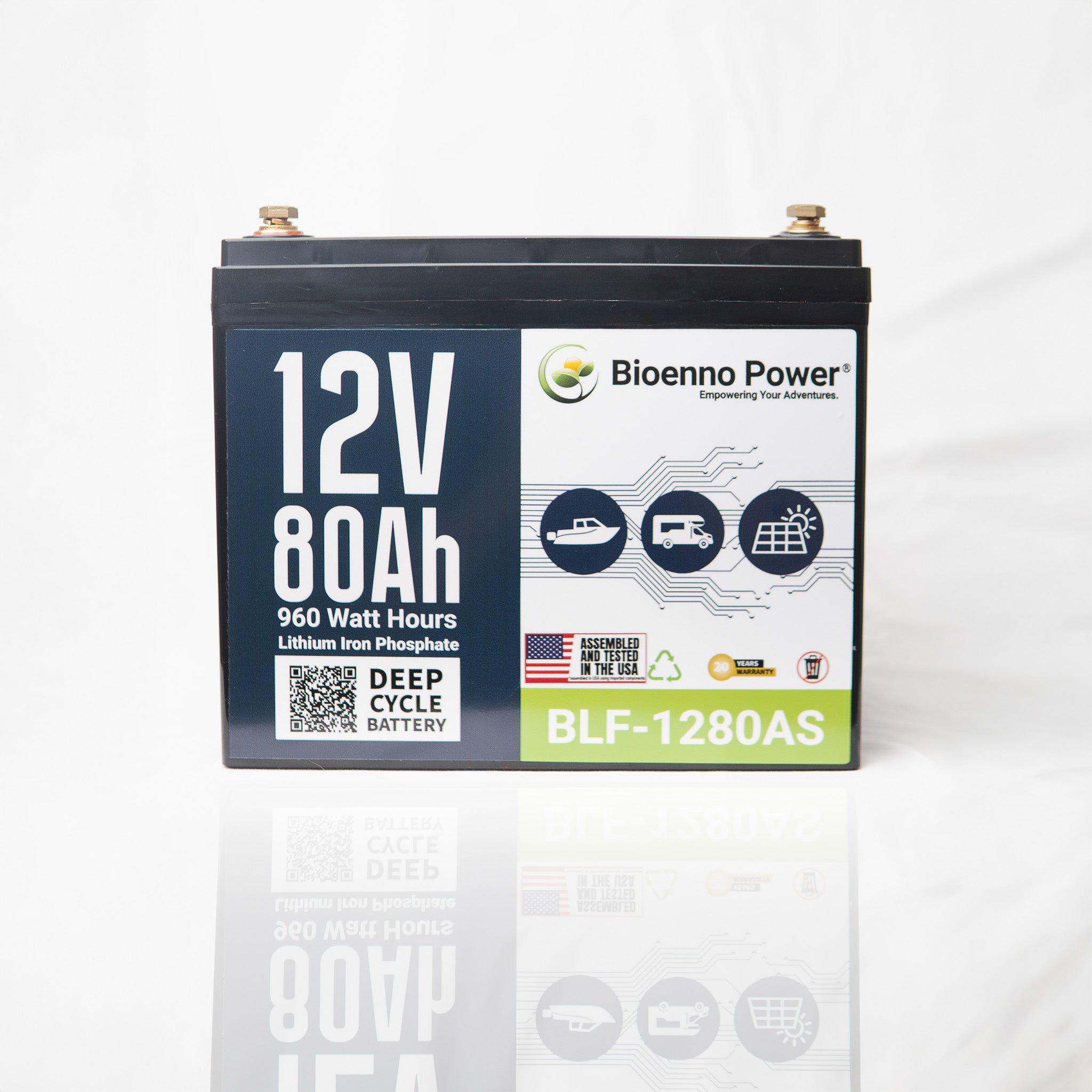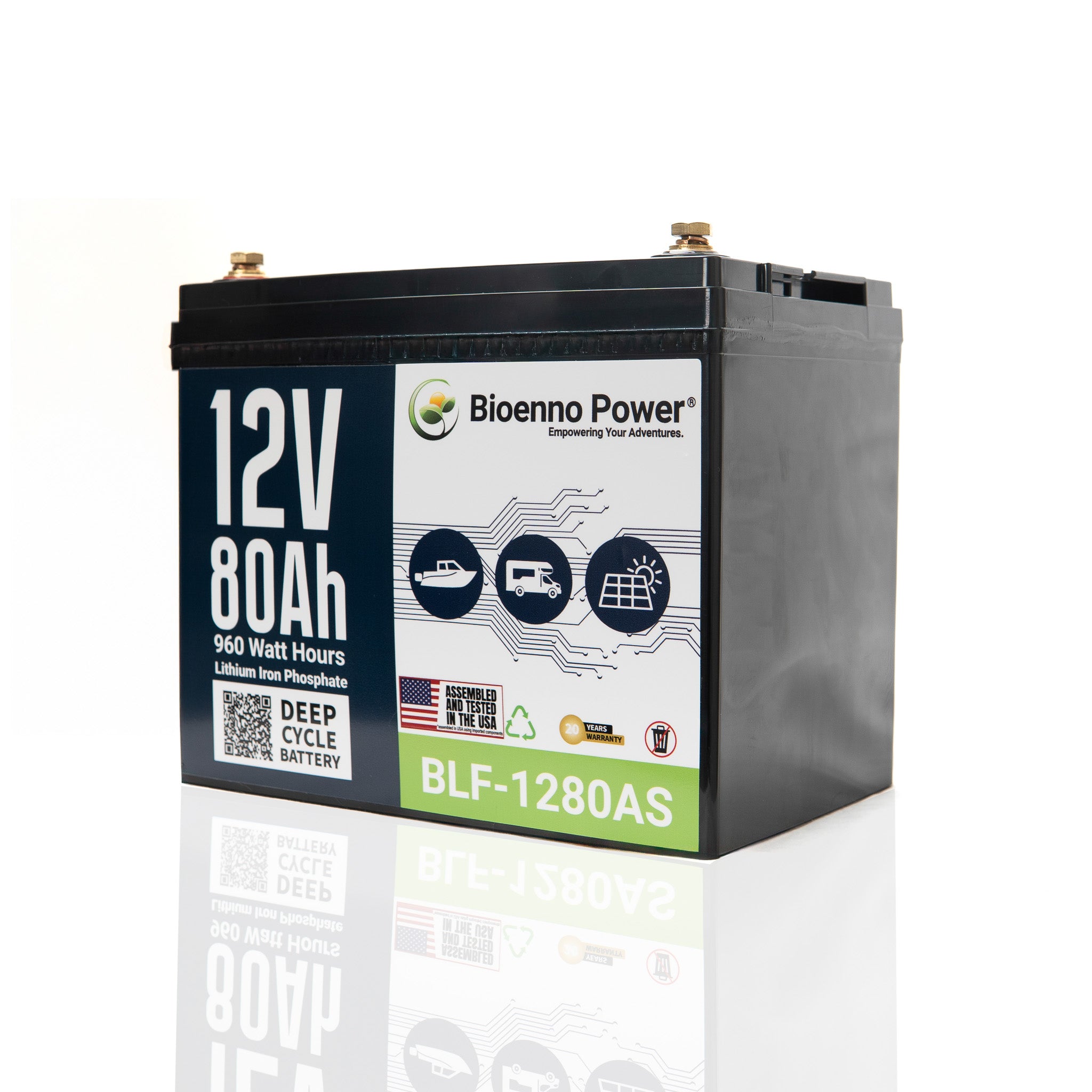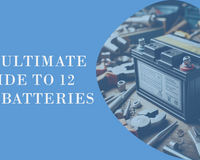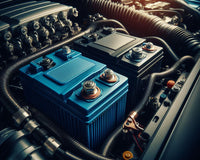Deep cycle batteries are a cornerstone of modern off-grid energy systems, whether for boating, camping, ham radio operations, or other remote power needs. Understanding the essential features of high-quality deep cycle battery systems is crucial for selecting the right product. This article explores the key characteristics that set apart the best deep cycle batteries, offering valuable insights for anyone in the market for reliable and efficient power solutions.
What is a Deep Cycle Battery?
A deep cycle battery is designed to provide a steady amount of current over a long period. For learn more about what a Deep Cycle Battery is read our article Understanding the Deep Cycle Battery: What They Are and How To Use Them
Essential Features of High-Quality Deep Cycle Batteries

1. Durability and Longevity
High-quality deep cycle batteries are built to last. They withstand frequent charging and discharging cycles without significant capacity loss. Durability also means they can endure harsh environmental conditions often encountered in outdoor settings.
2. High Energy Density
A critical feature is the energy density – the amount of power stored in a given size or weight. Higher energy density means more power storage without increasing the battery size or weight, essential for mobile applications like boating or camping.
3. Low Self-Discharge Rate
The best deep cycle batteries have a low self-discharge rate, ensuring the battery retains its charge during periods of inactivity. This feature is particularly vital for applications like ham radios or seasonal camping gear, where the battery may not be used regularly.
4. Fast and Efficient Charging
Efficient charging capabilities are crucial for minimizing downtime. Quality batteries accept charge quickly and efficiently, reducing the time you spend waiting for batteries to charge.
5. Maintenance-Free Operation
Modern deep cycle batteries, particularly lithium-ion types, often require little to no maintenance, which is a significant advantage for users who prefer a set-and-forget solution for their power needs.
6. Environmental Resistance
High-quality batteries are often designed to be resistant to various environmental factors like temperature fluctuations, moisture, and mechanical shock, ensuring reliable performance under diverse conditions.
7. Compatibility and Versatility
The ability to integrate seamlessly with various power systems and devices is a hallmark of a superior deep cycle battery. This compatibility extends the battery's use across multiple platforms, from boats to off-grid power systems.
8. Safety Features

Safety is paramount, especially in batteries used in residential or recreational contexts. Good quality deep cycle batteries are equipped with safety features like overcharge protection, temperature control, and short-circuit prevention.
Selecting the Right Deep Cycle Battery
When choosing a deep cycle battery, consider the specific requirements of your application. Assess the energy needs, size constraints, and environmental conditions of your use case. Remember, a higher upfront cost for a quality battery often translates to better long-term value.
Conclusion
Investing in a high-quality deep cycle battery ensures reliability, efficiency, and peace of mind for your off-grid power needs. Whether for boating, camping, or any other application, the right battery can significantly enhance your experience.
FAQs
Q: How long do high-quality deep cycle batteries last?
A: With proper maintenance, high-quality deep cycle batteries can last between 5 to 7 years or even longer, depending on usage patterns and environmental factors.
Q: Can deep cycle batteries be used for regular vehicles?
A: Deep cycle batteries are not ideal for starting regular vehicles as they are designed for different discharge patterns. Vehicles require starter batteries that can provide short, high-current bursts to start their combustion engines.
Q: Are lithium deep cycle batteries better than lead-acid?
A: Lithium batteries offer advantages like higher energy density, longer lifespan, and less maintenance, but they are generally more expensive. The choice depends on your specific needs and budget. See our entire selection of lithium deep cycle batteries.
Q: Is it safe to use deep cycle batteries indoors?
A: While many modern batteries are safe for indoor use, it's essential to follow the manufacturer's guidelines and ensure proper ventilation for lead acid batteries to avoid any risk.

